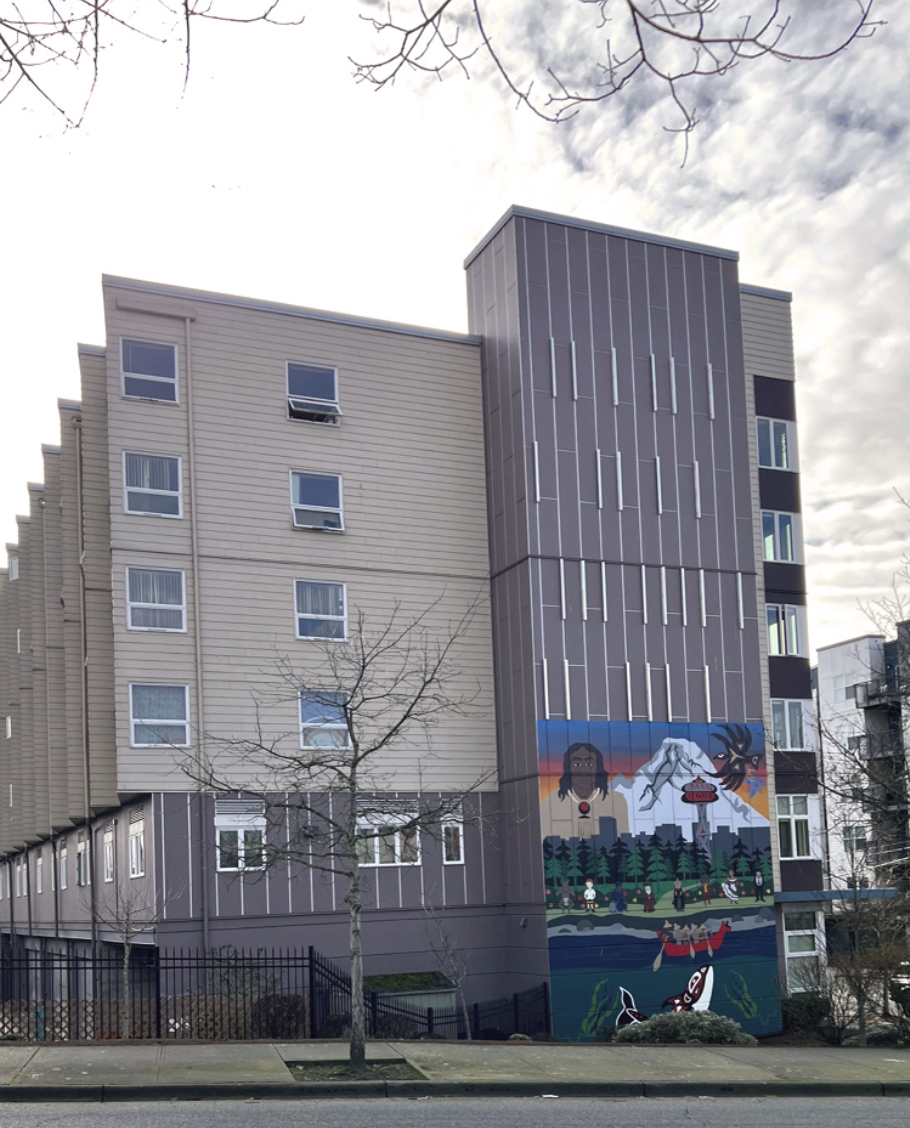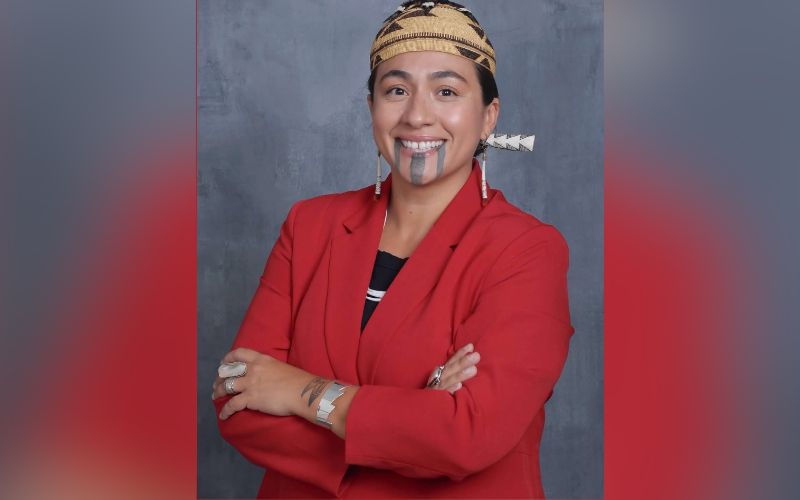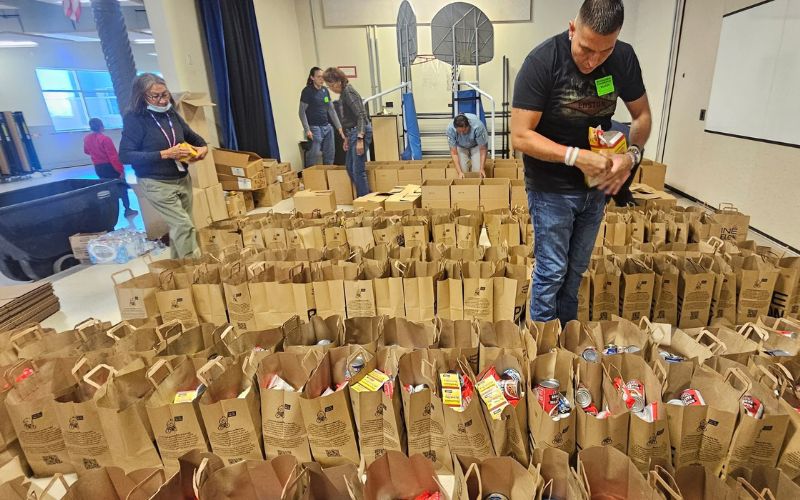Health
- Type: Default
- Ad Visibility: Show Article Ads
- Reader Survey Question: No Question
- Video Poster: https://nativenewsonline.net/images/10_Years_Logo.png
The Seattle Indian Health Board was among more than 80 organizations worldwide awarded funding through Action for Women’s Health, a $250 million global initiative launched in 2024 to improve women’s mental and physical health.
- Details
- By Native News Online Staff
- Type: Default
- Ad Visibility: Show Article Ads
- Reader Survey Question: No Question
- Video Poster: https://nativenewsonline.net/images/10_Years_Logo.png
This article was updated at 4:30 p.m. EST with details from the recent filing to the Supreme Court by the U.S. Solicitor General D. John Sauer.
On Monday, the U.S. Supreme Court ordered the Trump Administration to file its intent to continue with a legal fight over delivering full payments for food aid to at least 42 million Americans under the Supplemental Nutrition Assistance Program (SNAP).
- Details
- By Shaun Griswold
- Type: Default
- Ad Visibility: Show Article Ads
- Reader Survey Question: No Question
- Video Poster: https://nativenewsonline.net/images/10_Years_Logo.png
Breaking News. Late Friday night, the U.S. Supreme Court granted the Trump administration’s request to pause food aid benefits while a lower appeals court decides whether Supplemental Nutrition Assistance Program (SNAP) benefits will be paid out in full across the country this November.
- Details
- By Shaun Griswold
- Type: Default
- Ad Visibility: Show Article Ads
- Reader Survey Question: No Question
- Video Poster: https://nativenewsonline.net/images/10_Years_Logo.png
On Thursday, November 13, join us for a vital livestream event tackling a crisis that’s claiming lives in Native communities: overdose deaths. Our panel will bring together voices to explore how we can walk the path from tragedy to prevention, healing, and renewed hope.
- Details
- By Native StoryLab
- Type: Default
- Ad Visibility: Show Article Ads
- Reader Survey Question: No Question
- Video Poster: https://nativenewsonline.net/images/10_Years_Logo.png
Updated 3:36 pm ET: In a memo sent from the USDA to state governments, the Food, Nutrition, and Consumer Services is working to pay full SNAP benefits for November.
- Details
- By Shaun Griswold
- Type: Default
- Ad Visibility: Show Article Ads
- Reader Survey Question: No Question
- Video Poster: https://nativenewsonline.net/images/10_Years_Logo.png
Virginia Hedrick (Yurok) has been named the Chief Executive Officer of the California Rural Indian Health Board (CRIHB). Hedrick is the first woman to hold the position.
- Details
- By Native News Online Staff
- Type: Default
- Ad Visibility: Show Article Ads
- Reader Survey Question: No Question
- Video Poster: https://nativenewsonline.net/images/10_Years_Logo.png
The additional 40,000 pounds of food Lisa Ansell Frazier ordered in October for the Buffalo Youth Nation Project will stock food lodges onsite at four Wind River Reservation schools through December. The Sweet Grass Lodge, the second tribal food bank that Frazier (Cheyenne River Sioux Tribe) keeps stocked with traditional and local foods, also grew its inventory to distribute food aid to more people.
- Details
- By Elyse Wild
- Type: Default
- Ad Visibility: Show Article Ads
- Reader Survey Question: No Question
- Video Poster: https://nativenewsonline.net/images/10_Years_Logo.png
People who receive food aid payments can now see how much they should receive from reduced benefits under the Supplemental Nutrition Assistance Program (SNAP), which is operating with $6 billion in reserve funding to feed roughly 42 million Americans during the ongoing federal government shutdown.
- Details
- By Shaun Griswold
- Type: Default
- Ad Visibility: Show Article Ads
- Reader Survey Question: No Question
- Video Poster: https://nativenewsonline.net/images/10_Years_Logo.png
On Monday, U.S. officials outlined plans to fully utilize $6 billion from a contingency fund to cover partial payments to states for people who receive food aid through the Supplemental Nutrition Assistance Program (SNAP).
- Details
- By Shaun Griswold
Clean Out Your Medicine Cabinet: Native Communities Can Safely Dispose of Unused Drugs This Saturday
- Type: Default
- Ad Visibility: Show Article Ads
- Reader Survey Question: No Question
- Video Poster: https://nativenewsonline.net/images/10_Years_Logo.png
- Details
- By Elyse Wild








